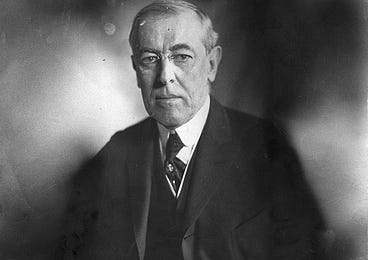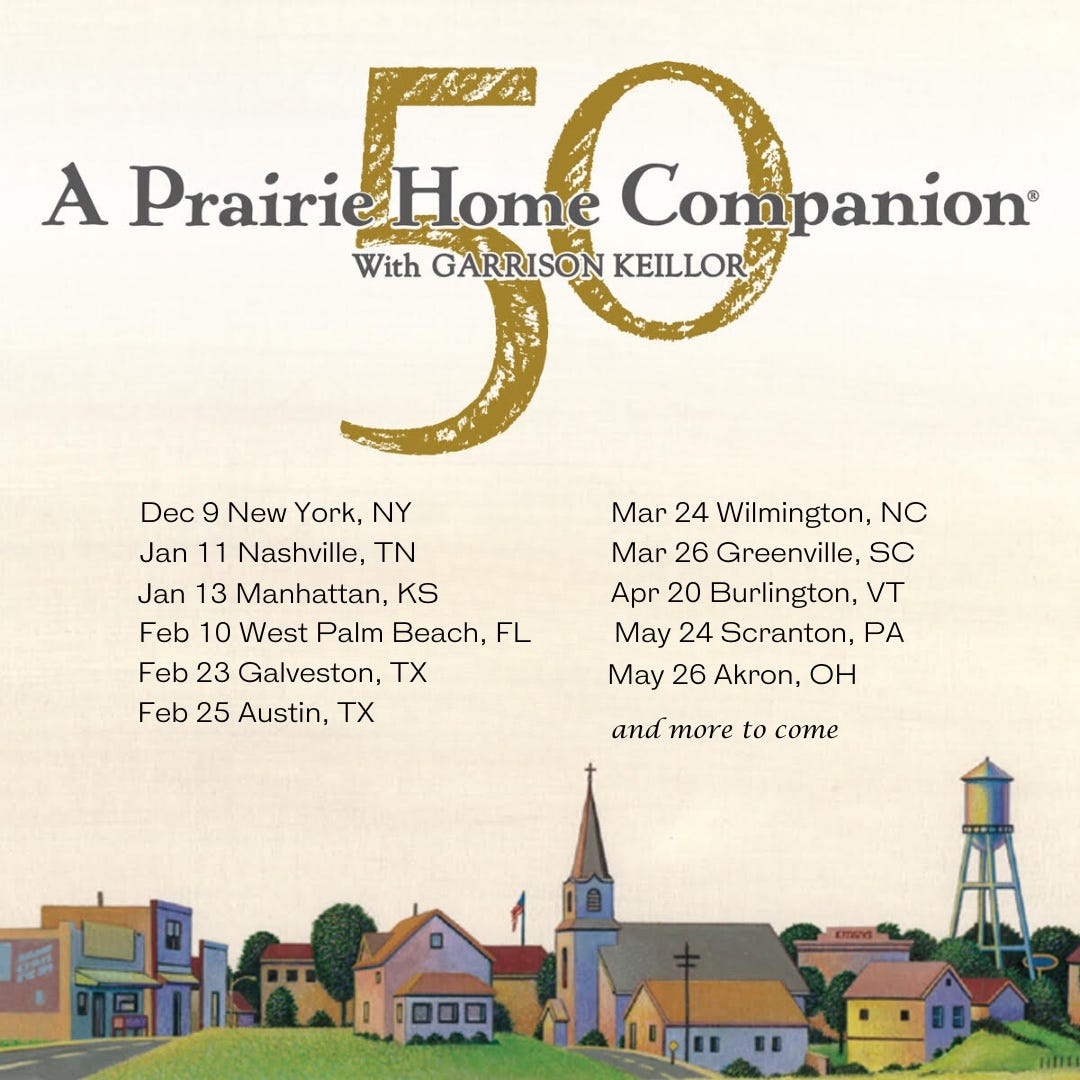|
 |
The Writer's Almanac from Thursday, December 28, 2006
"A little kingdom" by Robert Frost, from Collected Poems, Prose, & Plays. © The Library of America.
It was on this day in 1895 that Auguste and Louis Lumiére opened the first movie theater at the Grand Café in Paris. Their father ran a photography shop, and when Louis joined his father's business, he invented the dry plate process for developing photographs, and that invention made them all rich. They used that money to invest in other photographic projects, including a machine they called the cinematograph, which was a combination camera, film printer, and projector.
The first film they showed to a paying audience on this night in 1895 was called "Workers Leaving the Lumiére Factory." It was a short, single shot with an immobile camera, and it showed a concierge opening the factory gates, from which dozens of workers walked and bicycled into the street. It ended with the concierge closing the gates again. It wasn't a movie in the modern sense. It had no characters, no storyline. It was just an animated photograph. But, the Lumiéres' movie house was a big success. Within a few months of its opening, more than 2,000 people lined up every night to buy tickets.
It's the birthday of the 28th president of the United States, Thomas Woodrow Wilson, born in Staunton, Virginia (1856). He was one of the few American presidents who came to office after a career in academia. He'd started out as a professor of history and political science at Princeton University, and in 1902, he was appointed president of Princeton. But he ran into a series of disagreements with the Board of Trustees over his ambitious plans to remake the university. He was on the verge of getting fired in 1910, when he received an offer to run for governor of New Jersey. He took the offer, and wound up winning the election by a landslide.
At first, he found that he didn't much enjoy politics. But his talent for oratory and his sweeping reforms of New Jersey government caught the attention of the national Democratic Party. In 1912, he was nominated to run for president after barely two years of government experience. And thanks to the fact that Teddy Roosevelt ran as a third-party candidate, the Republican vote was divided, and Wilson won.
Wilson had been a member of the American Peace society and he leaned toward pacifism. As president, he advocated arms reduction and international arbitration of disputes between nations. When war broke out in Europe in 1914, Wilson immediately declared that the United States would remain neutral in the conflict, and he repeatedly tried to bring the warring nations to a negotiating table.
In 1917, Wilson drew up a plan for establishing world peace. He believed that if the nations of the world were ever going to get along, they had to form an international organization in which they could work out their disputes. He called this international organization The League of Nations. But nine days later, German submarines began attacking American naval ships. Even though he'd won a second term on the promise to keep America out of the war, Wilson decided that the United States could no longer remain neutral. He justified entering the war by saying, "The world must be made safe for democracy."
It was the first time that the U.S. had chosen to intervene in world affairs outside of the Western hemisphere. By the end of the war, the United States had emerged as one of the most powerful nations in the world. Wilson went to the peace conference in Paris in 1919 with the idea of selling his League of Nations to Europe as a way to prevent any such war from ever occurring again.
But his plan was a huge failure. Before he arrived in Paris, he was a widely respected world leader. But once the Europeans met him, they couldn't stand him. The British prime minister said that Wilson behaved like a heathen come to rescue the missionaries. The French prime minister said that talking to him was like talking to Jesus Christ. He was just too idealistic, and he wasn't prepared for the selfishness of the world leaders who wanted to turn the peace negotiations into a land grab.
The one thing Wilson got the European leaders to agree to was the inclusion of a League of Nations as part of the treaty. But when he returned to the United States, he couldn't even convince his own Congress to approve the treaty. Some senators offered ways of compromising the plan, but Wilson refused to compromise. He went on a cross-country speaking tour to appeal directly to the people, but during the tour, he suffered a massive stroke. He partially recovered from the stroke; he never again functioned fully as president.
Woodrow Wilson said, "If you want to make enemies, try to change something."
Be well, do good work, and keep in touch.®
We hope you can join us for the 50th Anniversary of A Prairie Home Companion. CLICK HEREfor a complete schedule and ticket details!
If you are a paid subscriber to The Writer's Almanac with Garrison Keillor, thank you! Your financial support is used to maintain these newsletters, websites, and archive. If you’re not yet a paid subscriber and would like to become one, support can be made through our garrisonkeillor.com store, by check to Prairie Home Productions, P.O. Box 2090, Minneapolis, MN 55402, or by clicking the SUBSCRIBE button. This financial support is not tax deductible.


